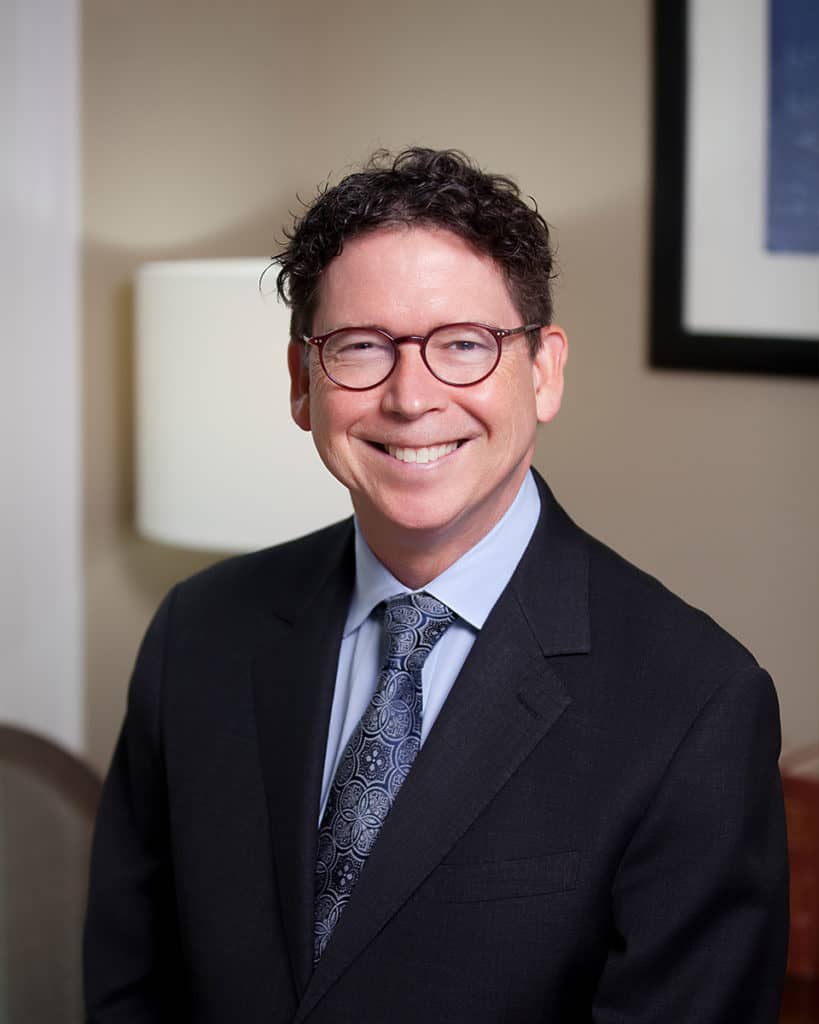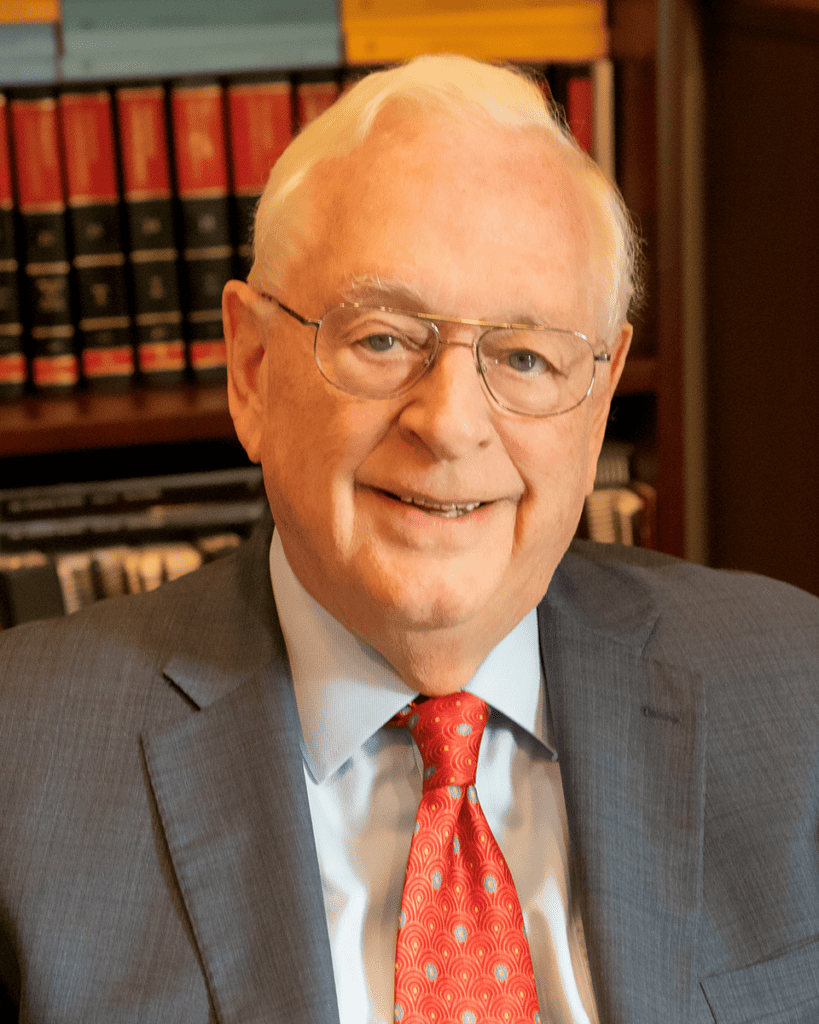Tennessee Supreme Court Tackles Liquor Tax, School Funding, & Judicial Canons of Construction in Five Related Opinions
Understanding Tennessee’s liquor laws is not for the faint of heart. Some counties are “bone dry.” Some are “dry” but sell beer. Some have “liquor by the drink,” but only if a local referendum has approved that type of sale. Wine in grocery stores is a saga unto itself. The collection and distribution of liquor taxes is no less confusing, as a fascinating set of opinions from the Tennessee Supreme Court shows.
In 2014, five different Tennessee counties (who did not sell liquor by the drink) filed suit against five cities that had received tax revenue from liquor by the drink sales but had not shared that revenue with the county school systems, as required by the statute that provided such revenues were to be distributed “in the same manner as the county property tax for schools is expended and distributed.” Tenn. Code. Ann. § 57-4-306(a)(2)(A) (2013). An additional complicating factor here is that each city had an independent school district that was not part of the county schools–something not mentioned in the statutory scheme.
The five different suits proceeded, with the trial courts involved reaching differing opinions, and each trial court providing a different legal reason for its decision. When the matters reached the Court of Appeals, four appeals were heard by one panel and held in favor of the cities. A different panel of judges ruled for the county. To resolve the conflict, the Tennessee Supreme Court consolidated the five cases for the purposes of oral argument. The resulting opinions provide a deep dive, addressing the inherent problems with deeming a statute ambiguous and embracing the infrequently-encountered concept of legislative adoption of a judicial interpretation.
The Court ultimately determined that the thirty-year status quo was not to be disturbed. Since the cities had their own school districts and the counties didn’t sell liquor by the drink, and the General Assembly had never bothered to amend the statute, the cities didn’t have to share liquor revenue with the counties–even if the language of the statute might suggest otherwise.
The Tennessee Courts website has put together a summary and collection of links to the opinions here.





